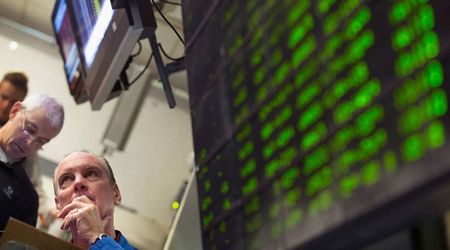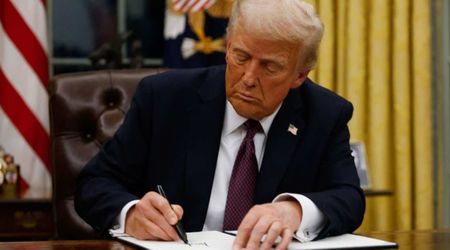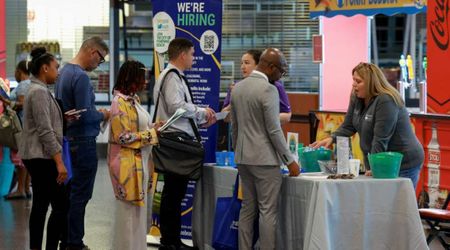Nobel-winning economist issues warning about Trump’s tariffs ‘depressing the economy’

The impact of President Trump's tariffs is being discussed across the globe. Now, Nobel Prize–winning economist Paul Krugman made a harsh review of President Donald Trump's economic policies and volatile tariffs on his Substack. His comments come at a time when Trump has been trying to project the success of his economic agenda with various affordability proposals. However, Krugman noted that the President's reciprocal tariffs have been “bad for business.” “We could say that the US economy in 2025 was schizoid,” the economist wrote, before adding, “On the one hand, Donald Trump abruptly reversed 90 years of U.S. trade policy, breaking all our international agreements, and pushed tariffs to levels not seen since the 1930s. Worse, the tariffs keep changing unpredictably.”
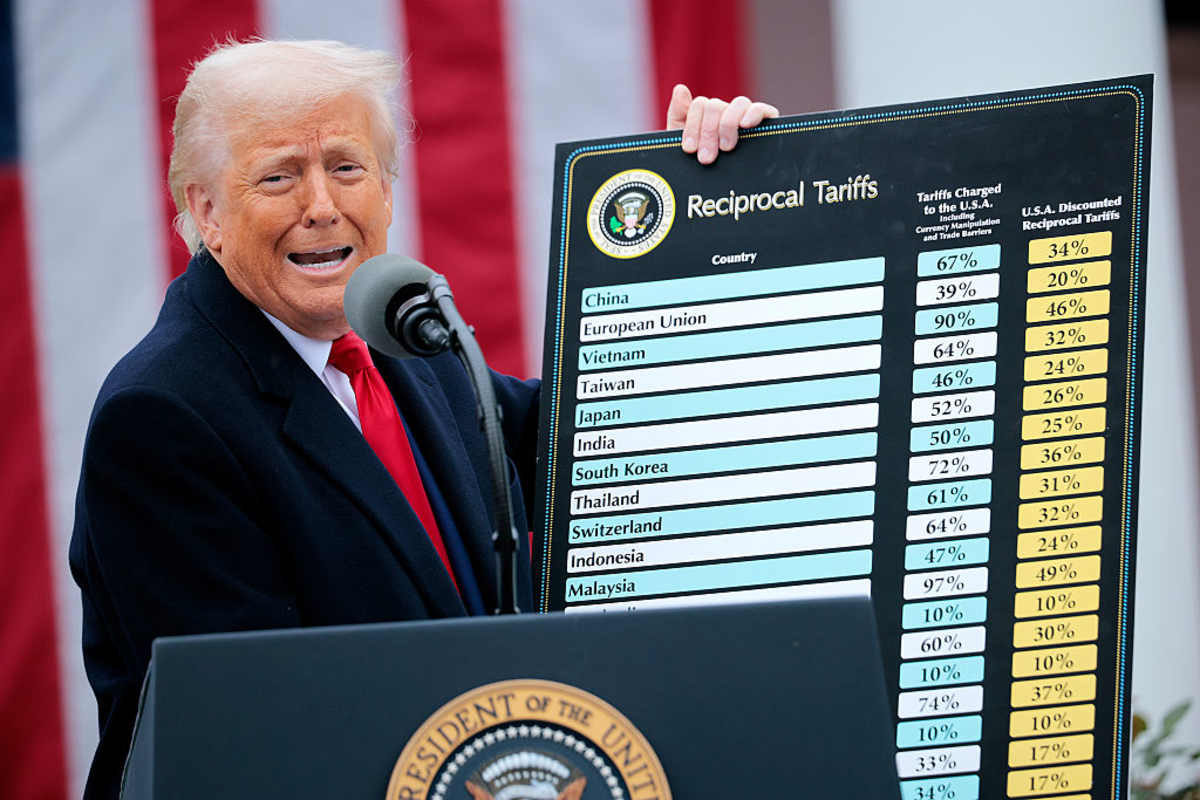
“This uncertainty is clearly bad for business and is depressing the economy,“ he continued, and mentioned, ”On the other hand, there has simultaneously been a huge boom in AI-related investment, which is boosting the economy.” Krugman theorized that the present AI investment surge could be a bubble by drawing comparisons to the tech boom of the late 1990s. He observed peculiar market activity in AI stocks, which swiftly recovered from a drop, probably due to anticipation of an impending interest rate cut by the Federal Reserve. The rise in AI stocks seems to have been triggered by remarks made by Fed officials indicating a greater chance of a rate decrease next month, he warned, although analyst interpretations of stock market movements should be viewed with suspicion, he suggested.
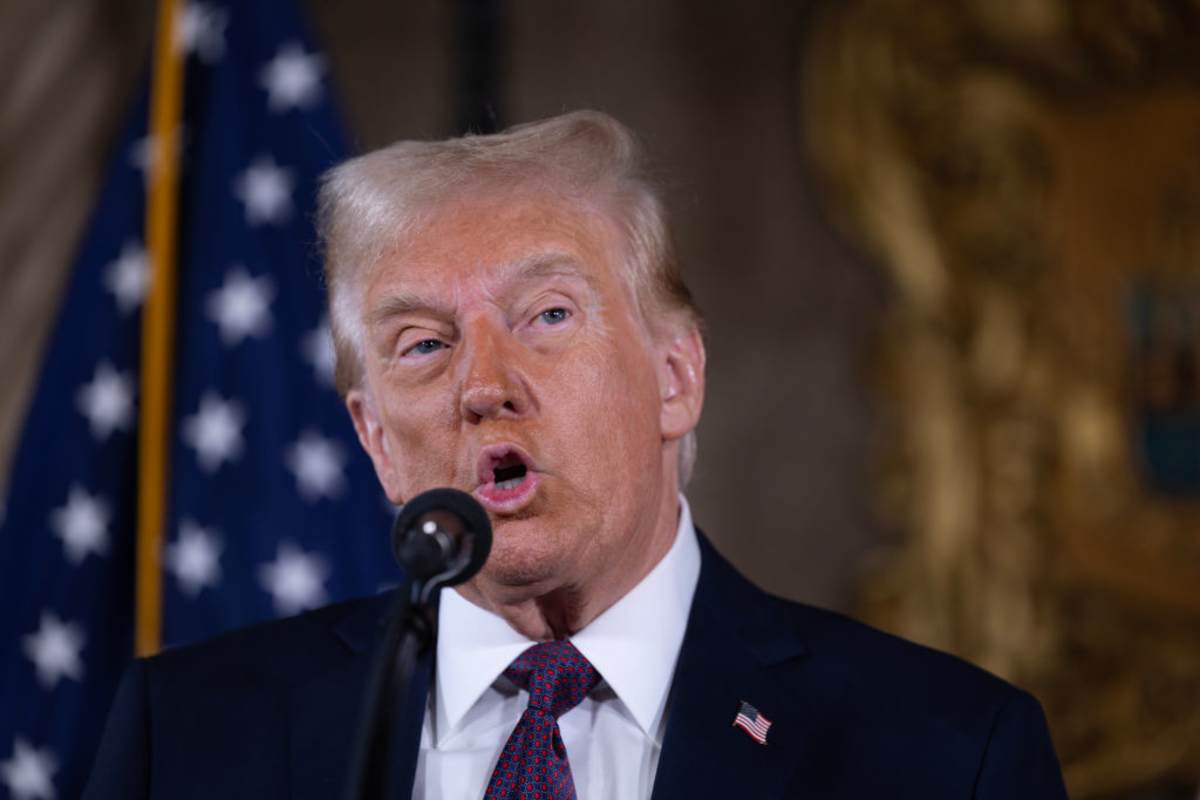
“So as doubts about AI creep in, I’m hearing growing chatter to the effect that the Fed can and should save the industry,” Krugman wrote, before adding, “But the lesson from the last big tech bubble is that it can’t. In fact, I have doubts about whether the Fed can head off a broader recession if the tech boom collapses — but that’s a topic for a future post." “My point is that if you’re worried about an AI bubble, don’t expect Jerome Powell or his Trump-appointed successor —rumors are not encouraging— to come to the rescue,“ Krugman continued.
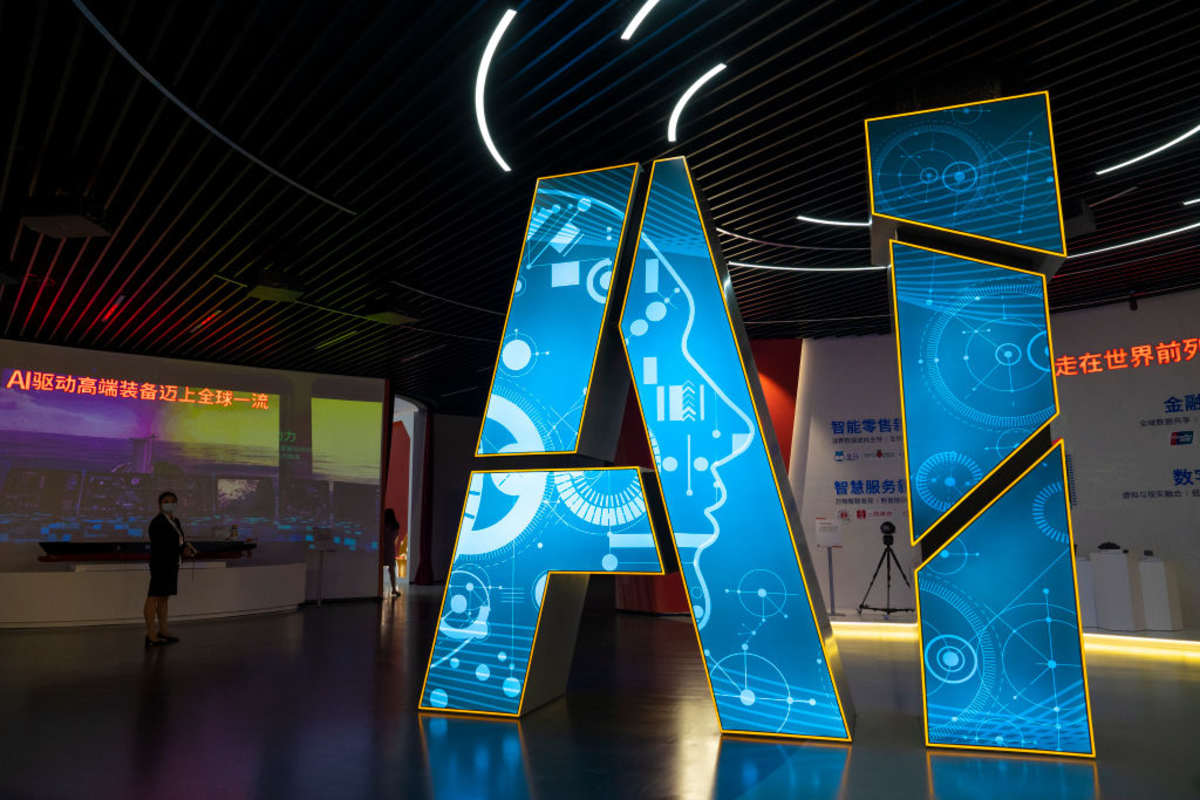
The Trump administration has recently endorsed the AI boom. In a significant governmental initiative known as the Genesis Mission, the White House is launching a coordinated effort to advance artificial intelligence (AI) across multiple sectors, including energy, science, and defense. This initiative is likened to the historical Manhattan Project, aiming to unify AI research across 17 national labs and engage approximately 40,000 Department of Energy scientists to foster breakthroughs. Analysts believe this represents a substantial shift in U.S. AI strategy, merging private sector capabilities with federal support. By opening up data repositories and enhancing public-private partnerships, the government aims to spur innovation and application of AI in national challenges, such as robotics and biotechnology, with initial actions mandated within 30 days and further developments expected within a year.
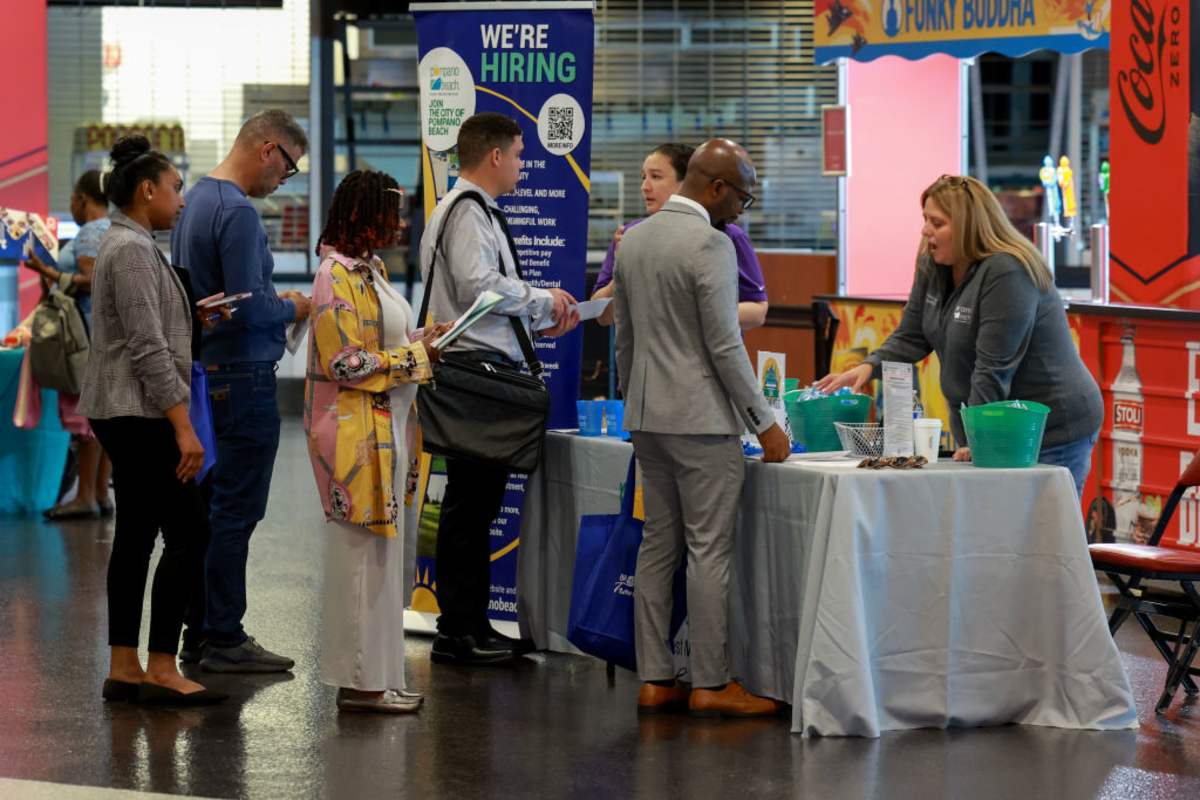
However, as put forth by Krugman, the Trump administration has been sidelining the job market amid inflation. The job market showed little movement in August, adding only 22,000 jobs, significantly below the expected 75,000, while the unemployment rate rose to 4.3%. This slowdown indicates a weakening labor market, despite optimistic statements from President Trump regarding future job growth tied to increased capital spending and factory construction. However, job losses in wholesale trade and manufacturing raise concerns regarding the impact of Trump's policies on hiring. The recent job data follows the dismissal of the Labor Statistics commissioner and may influence the Federal Reserve's decision on interest rates, which they have been hesitant to lower due to rising inflation.
















